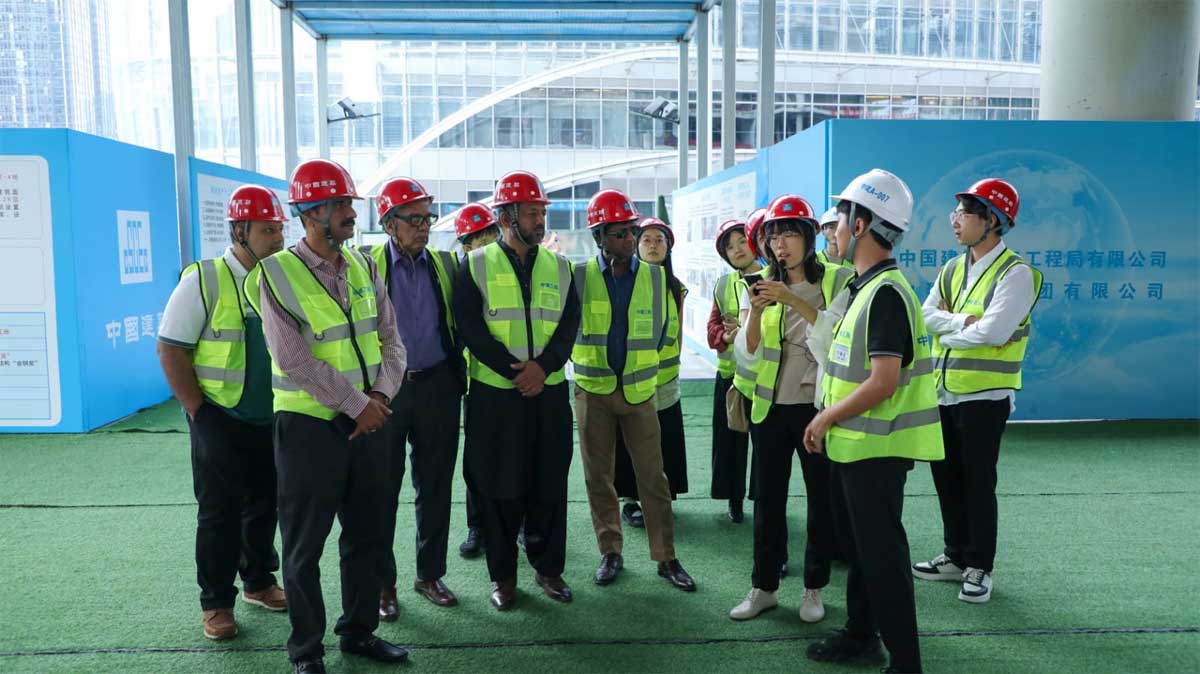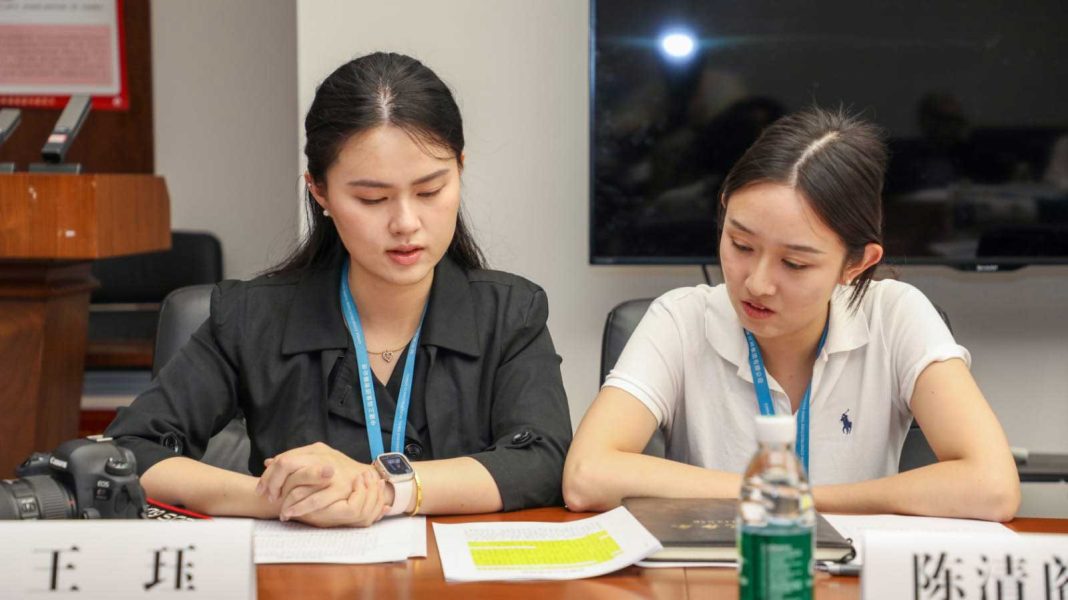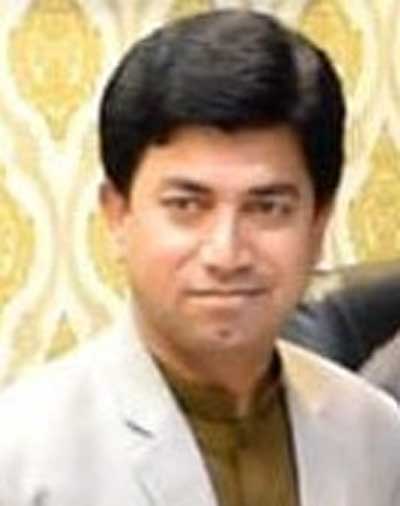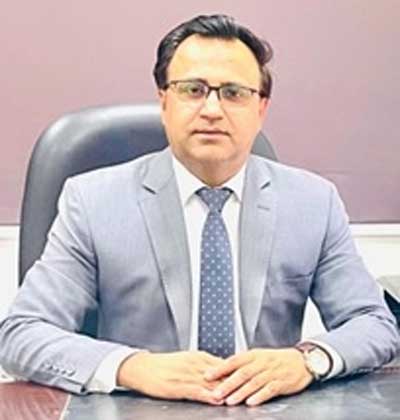
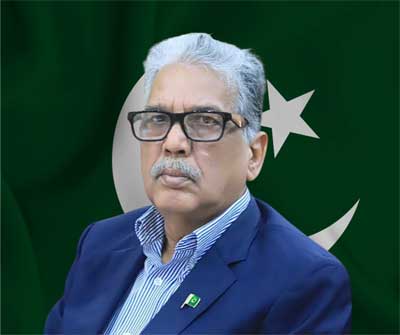
China State Construction Engineering Corporation (CSCEC) has played a pivotal role in transforming Pakistan’s infrastructure through key projects, including highways, power plants, and urban development. As a major contributor to the China-Pakistan Economic Corridor (CPEC), CSCEC has significantly boosted Pakistan’s economic growth and modernization. During a briefing at CSCEC headquarters for the Pakistan Media Delegation, I analyzed the challenges the company faces in executing construction projects in Pakistan. Despite its successes, CSCEC faces several hurdles, including navigating Pakistan’s complex regulatory framework, engaging with local stakeholders, overcoming bureaucratic red tape, and addressing logistical challenges.
1. Navigating Pakistan’s Regulatory Landscape
One of the foremost challenges for CSCEC in Pakistan is dealing with the country’s regulatory environment. Pakistan’s construction and infrastructure sectors are governed by a complex web of regulations, from environmental clearances to land acquisition laws and construction permits. These regulatory frameworks vary across provinces, leading to confusion and delays in project execution.
Bureaucratic Delays
Bureaucratic delays are among the most significant hurdles. Construction projects require multiple approvals from various government departments, including environmental agencies and local governments. The lack of streamlined processes often results in prolonged delays, impacting project timelines and cost estimates.
CSCEC has particularly struggled with acquiring timely environmental and zoning clearances for large-scale infrastructure projects. The slow pace of decision-making within government agencies can hinder projects that are otherwise ready to proceed, leading to frustration and delayed progress. Over time, these delays can harm the reputation of construction companies, affecting their ability to attract future investments.
Land Acquisition Issues
Land acquisition presents another major challenge, especially for large infrastructure projects. CSCEC has faced difficulties in acquiring land for highways, power plants, and urban development projects due to disputes over ownership and compensation. Local landowners may be reluctant to sell their land, or the compensation offered may fall short of expectations, leading to prolonged negotiations and legal battles.
The legal framework for land acquisition in Pakistan is seen as outdated and inefficient, with loopholes that can be exploited to delay or derail projects. For foreign companies like CSCEC, navigating this complex legal environment is especially challenging, as they must rely on local partners and government agencies to resolve these issues.
2. Engaging with Local Stakeholders
Successful construction projects depend on effective engagement with local stakeholders, including communities, politicians, and civil society organizations. In Pakistan, CSCEC has had to navigate these complexities to ensure its projects are accepted and supported by the local population.
Community Opposition
Managing community opposition has been a key challenge for CSCEC. In some cases, local communities oppose infrastructure developments due to concerns about displacement, environmental damage, or a perceived lack of benefit. Projects like highways or dams can result in the displacement of residents, leading to resistance and protests.
While CSCEC has made efforts to address community concerns, this process is time-consuming and requires careful handling. If not managed properly, community opposition can cause significant delays or even lead to project cancellations, resulting in financial losses and reputational damage.
Political Interference
Political interference is another hurdle foreign companies like CSCEC must contend with in Pakistan. Local politicians and power brokers may seek to influence project outcomes, whether by demanding a share of contracts or diverting resources to their constituencies. Such interference can lead to conflicts of interest and mismanagement, undermining project efficiency.
To mitigate these issues, CSCEC must work closely with both federal and provincial governments to ensure that all stakeholders’ interests are aligned, and projects are executed transparently. However, navigating Pakistan’s political landscape remains a complex challenge.
3. Logistical Hurdles and Infrastructure Deficiencies
Despite CSCEC’s global expertise, the logistical challenges it faces in Pakistan are significant. The country’s developing infrastructure, coupled with unreliable transport networks, energy shortages, and a lack of skilled labor, creates obstacles for construction projects.
Transport and Supply Chain Issues
Transporting construction materials and equipment to remote areas, where many projects are located, poses a major challenge. Although CPEC has improved Pakistan’s road and rail networks, many parts of the country still suffer from poor connectivity. Supply chain disruptions can lead to project cost overruns and missed deadlines.
Moreover, local suppliers often lack the capacity to provide high-quality construction materials, forcing CSCEC to import materials from China or other countries. This adds another layer of complexity, as import regulations, customs duties, and shipping delays must be factored into project planning.
Energy Shortages
Pakistan’s frequent power outages and unreliable energy grid have further complicated construction efforts. Projects reliant on heavy machinery and equipment are particularly affected by energy shortages, resulting in costly downtime. To ensure continuous work, CSCEC has invested in backup power systems, but this adds to overall project expenses.
Skilled Labor Shortages
A shortage of skilled labor in Pakistan’s construction sector also poses a challenge. While the country has a large labor force, many workers lack the technical skills required for modern construction methods. CSCEC has launched training programs to upskill local workers, but this process takes time. In the meantime, the company must rely on skilled labor from China, which increases labor costs and can create communication barriers on-site.
4. Geopolitical and Security Concerns
Geopolitical tensions and security concerns also pose risks for CSCEC’s projects in Pakistan. The country’s proximity to conflict zones, as well as internal instability, can create a volatile environment for construction.
Security Risks
In regions like Balochistan, construction projects have faced threats from insurgent groups and militant organizations, who often target infrastructure projects as symbols of government control or foreign influence. CSCEC has had to work closely with the Pakistani government and security agencies to protect its personnel and assets.
Security measures, such as armed escorts and fortified construction sites, have helped mitigate these risks, but they add to the project’s cost and complexity. The perception of insecurity can also deter foreign investment and make it harder to attract skilled labor from abroad.
Overcoming Challenges for Sustainable Progress
Despite these challenges-ranging from regulatory hurdles to logistical issues and security concerns-CSCEC continues to play a vital role in Pakistan’s infrastructure development. The company’s proactive approach to collaborating with local governments, communities, and stakeholders has been instrumental in navigating these obstacles.
By implementing training programs for local workers, investing in local supply chains, and engaging with communities, CSCEC is adapting to Pakistan’s complex construction environment. The company’s ability to overcome challenges and maintain flexibility will be crucial to its continued success in Pakistan.
Through these efforts, CSCEC can further contribute to Pakistan’s economic growth and infrastructure development, strengthening long-term cooperation and mutual understanding between China and Pakistan.
